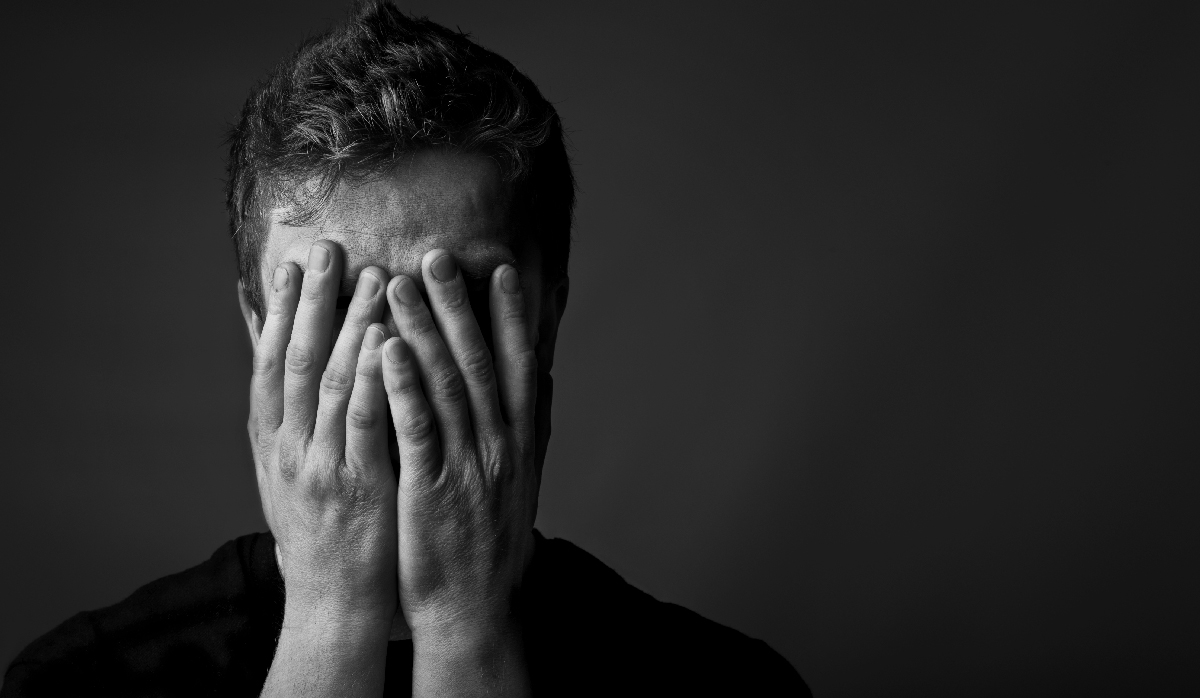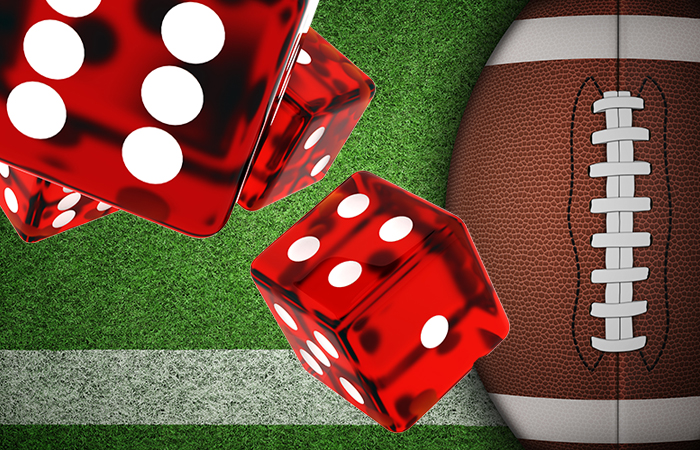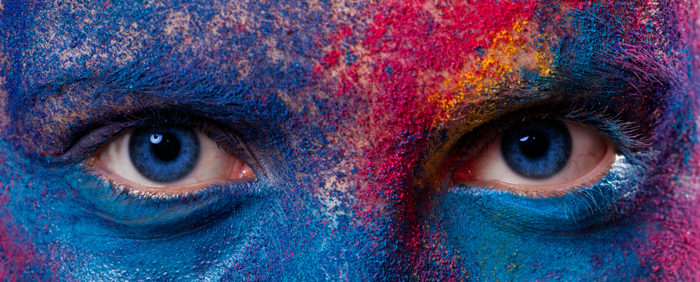When comparing grief and depression, both share similar symptoms, but they aren’t the same. Grief and depression are distinct experiences, and it’s important to know the difference. Many people tend to question whether grief is actually depression. For most people, the emotional, physical, and psychological symptoms they experience after a tragic accident or the loss of a loved one can be attributed to grief. However, this isn’t always the case. At Behavioral Health of the Palm Beaches, we know it’s important to understand the difference between grief and depression to get the individual the help they need to recover.
Questions about our Programs?
Our admissions coordinators are available 24/7 to answer any questions you may have as you consider whether treatment at Banyan is right for you or your loved one.
What Is Grief?
Before understanding the difference between grief vs depression, we need to know what defines each one and their symptoms. Grief or bereavement is defined as the natural response to a loss of any kind. Natural responses include physical, psychological, emotional, behavioral, and spiritual responses. While grief is unique to each individual, it can be identified by the following symptoms:
- Loss or increase in appetite
- Changes in sleep pattern
- Crying often
- Exhaustion
- Suicidal thoughts or actions
- Difficulties concentrating or completing regular tasks
- Avoidance of people and socializing
- Feelings of anger, sadness, or loneliness
- Decrease in hygiene
- Feeling anger towards the person, themselves, or God
Grief is a normal experience that often involves a jolt of intense, emotional pain. Grief usually follows an intense loss, like the death of a loved one. While most individuals find their balance again as time passes, others are more vulnerable to developing a depressive disorder during this time. It’s important to understand the difference between a grief reaction vs depression to avoid neglecting the symptoms of a legitimate depressive disorder.
At BHOPB, we offer several mental health treatment programs in Palm Beach that are focused on offering safe and effective treatment to patients who suffer from mental illness. We’ve helped numerous patients recover from mental disorders like depression and regain control of their lives.
What Is Depression?
While grief has a more definable beginning and end, depression is a long-term mental disorder that cannot be defined by any clear boundaries. Major depressive disorder itself is a long-term condition that’s not as clearly laid out as grief can be. To be diagnosed with depression, a person has to experience the following symptoms nearly every day for at least two weeks:
- Irritability
- Loss of interest in activities that were once enjoyable
- Loss of appetite and extreme weight loss
- Sleeping too much or not sleeping at all
- Sluggishness and exhaustion
- Feelings of guilt, hopelessness, and worthlessness
- Feeling empty or emotionally numb
- Difficulties concentrating and completing daily tasks
- Continuous thoughts of death or suicide
- Suicidal behavior or idealization
When it comes to depression, it’s a legitimate and diagnosable mental disorder that affects the chemical balance in the brain. People with depression usually experience chemical imbalances related to low dopamine levels that affect their mood, thoughts, and emotions. Those who do not receive professional treatment for this disorder are more likely to turn to suicidal thoughts and behavior, self-harm, and substance abuse. At Behavioral Health of the Palm Beaches, we offer depression recovery treatment to help individuals who are struggling with this condition regain mental and physical control.
What Is The Difference Between Grief & Depression?
While there may be certain similarities, there are distinct differences between depression and grief.
Grief
- Caused by a distinct or identifiable loss
- Person is mainly focused on the loss
- Ability to feel pleasure fluctuates
- Physical symptoms fluctuate
- Being close to others is usually comforting
- Ability to feel a whole range of emotions, not just sadness
- May feel guilty or responsible regarding the loss
- Self-esteem is usually sustained after the loss
- Thoughts of death are usually related to the desire to see the deceased individual again
Depression
- There may not be an identifiable loss
- Person’s focus is on themselves and not another person
- Cannot feel pleasure or joy
- Physically and mentally impaired for a long period of time
- May constantly isolate themselves from others
- Consistent emotions or feeling stuck
- Generalized feelings of guilt that aren’t related to one specific factor
- They feel worthless or self-loathing
- Thoughts of death related to feelings of worthlessness or undeserving of life
Get a Free Insurance Verification Today!
"*" indicates required fields
Is It Possible for Grief to Become Major Depression?
Yes, it’s possible to experience depression caused by grief. When comparing bereavement vs depression, bereavement is not a linear process but can occur multiple times throughout a person’s life. This feeling is heavily influenced by a person’s attachment to the deceased individual and how central they were in the person’s life. Grief can also reoccur on birthdays, anniversaries, and on other special occasions related to the person who passed away. Unlike grief, depression is characterized by persistent feelings of sadness, worthlessness, and more. If grief symptoms become persistent, then it may indicate a more serious problem.
At our drug and alcohol treatment center in Palm Beach, we understand how difficult it can be to cope with the loss of a loved one. If feelings related to grief become more persistent or severe, professional mental health care may be required.
If you or a loved one are struggling with mental illness, call us now at 561-220-3981 to learn more about our residential mental health treatment.













